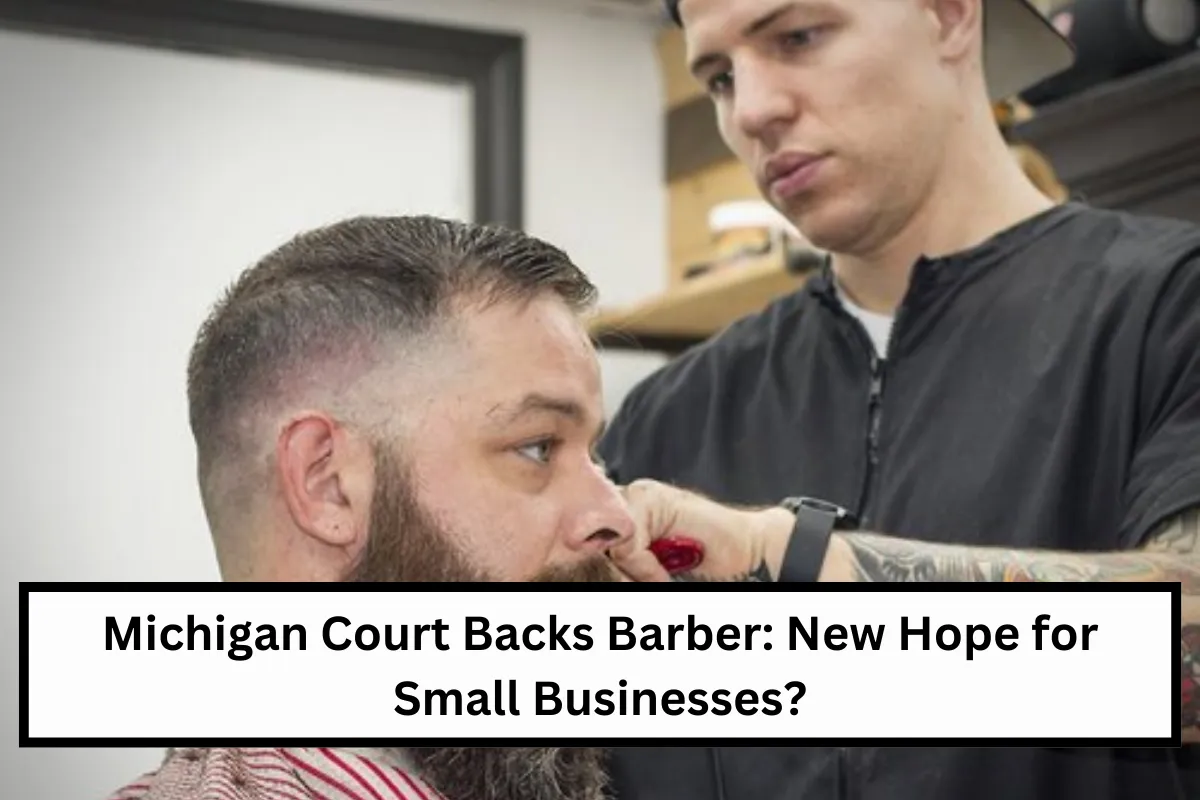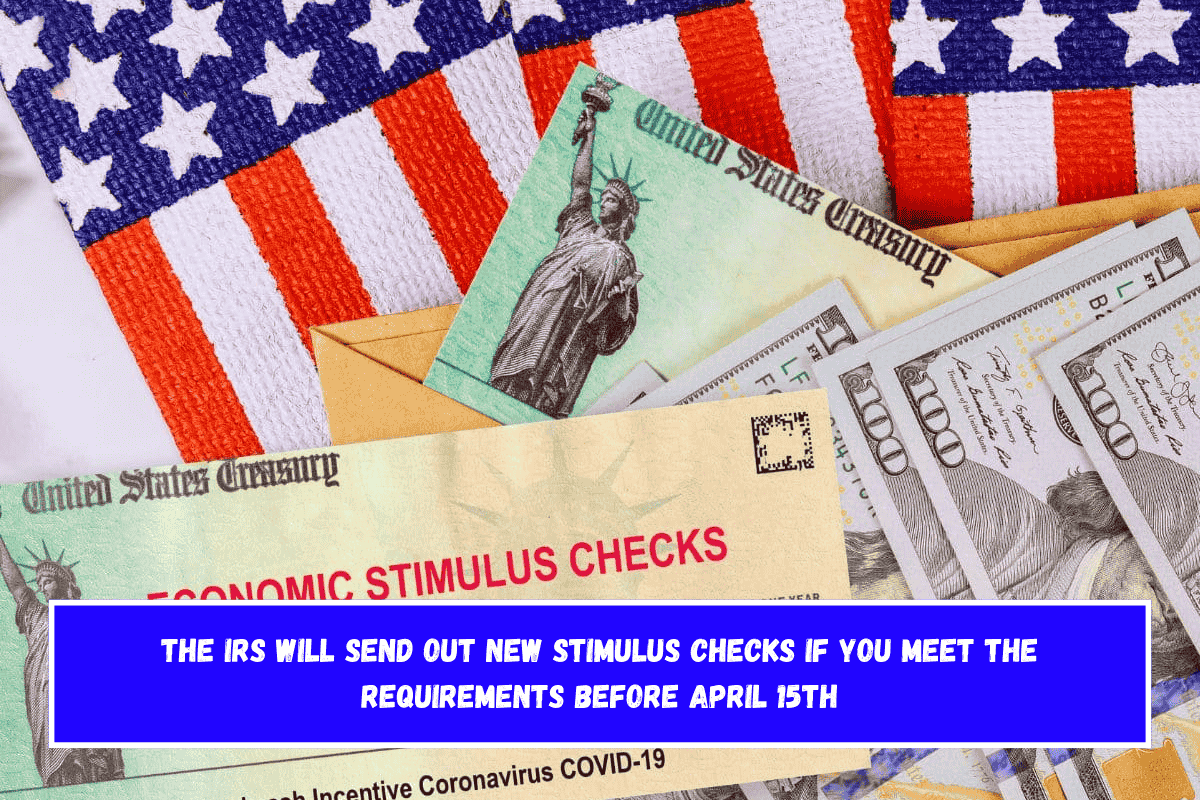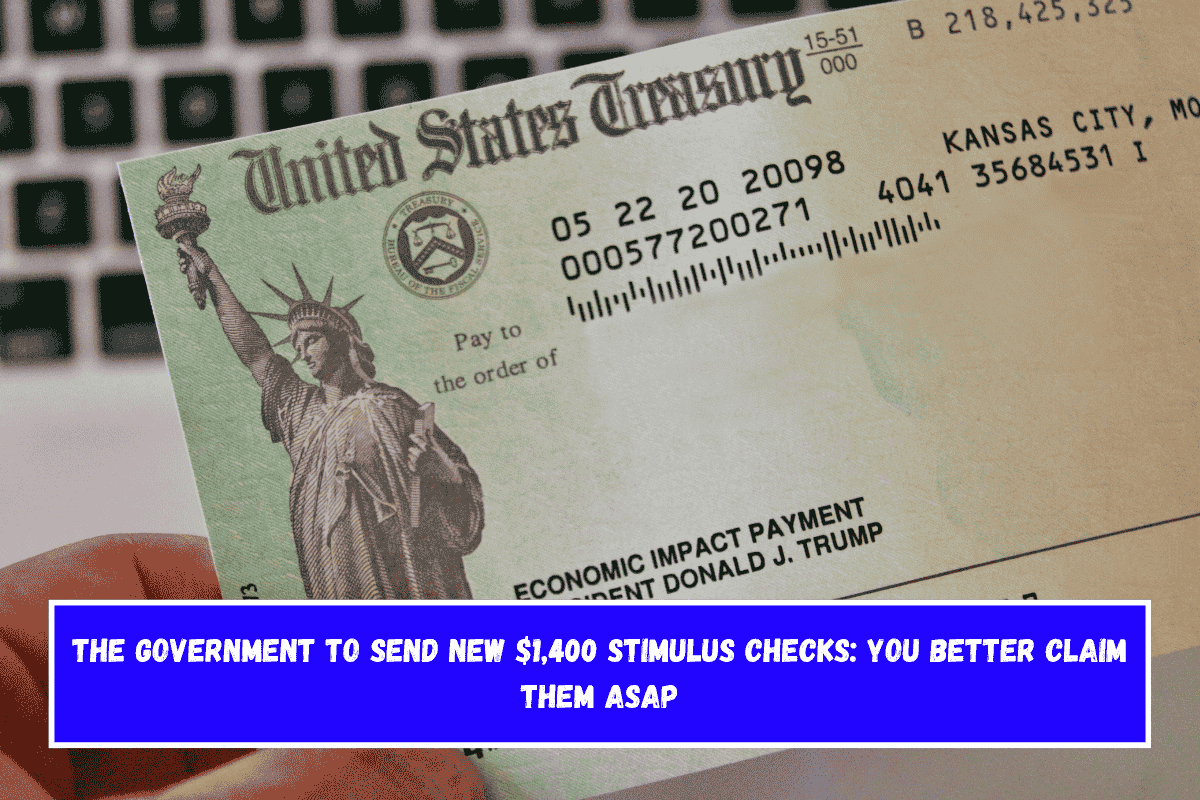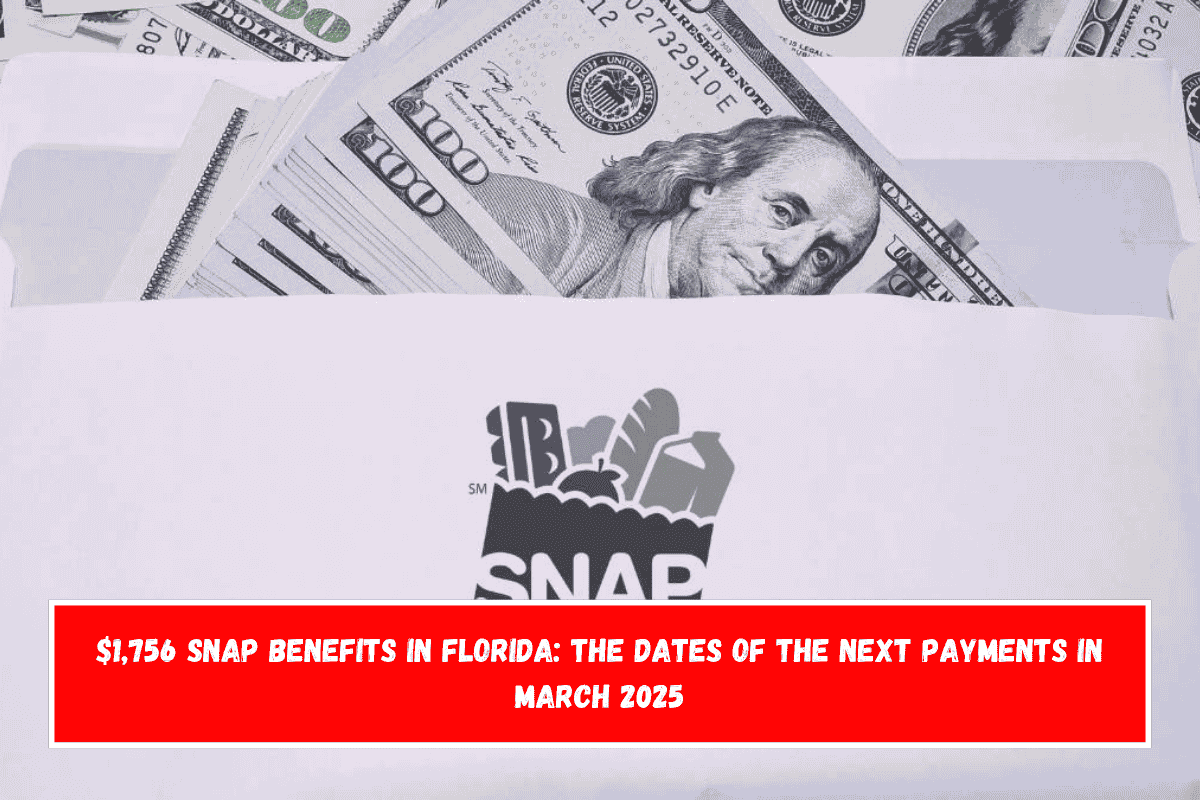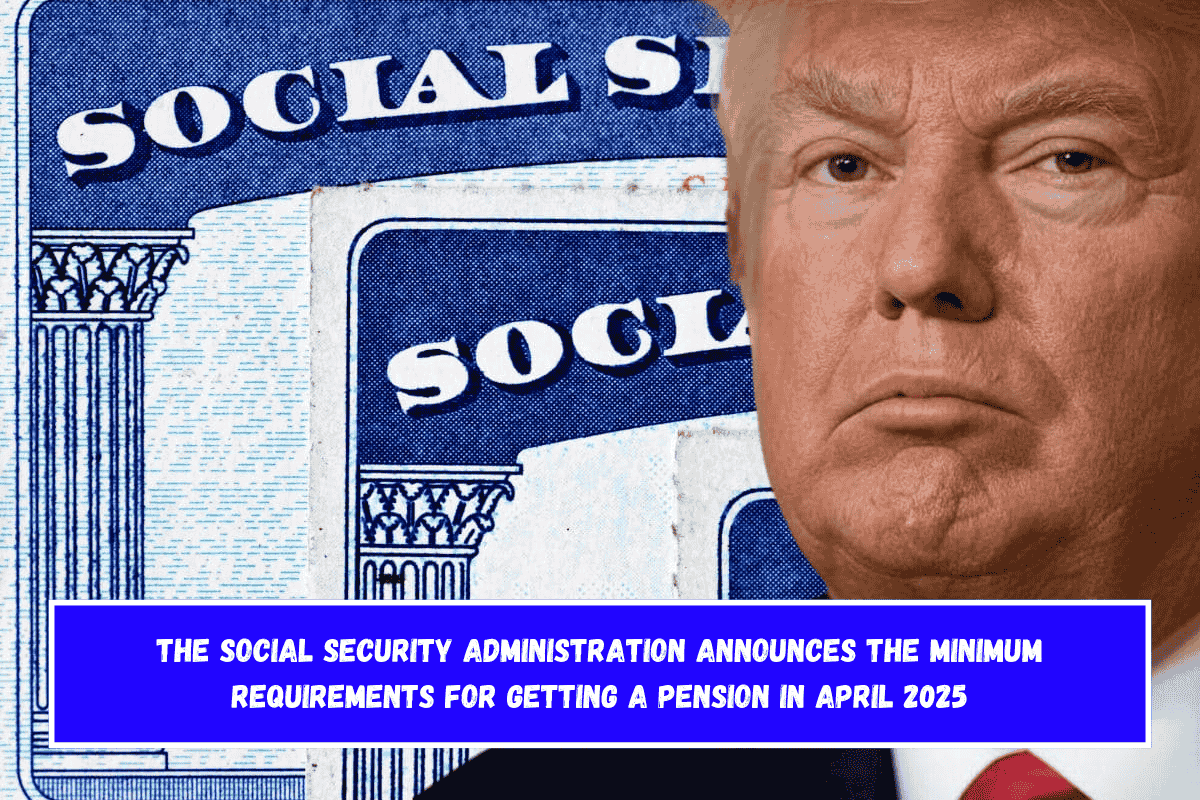The Michigan Supreme Court recently sided with an Owosso barber in a legal dispute that gained public attention. The case started when the barber, Karl Manke, kept his shop open during pandemic restrictions, arguing it was his right to continue working.
This led to a conflict with state officials who ordered him to close. The Supreme Court’s decision means the case will return to a lower court for further review. The outcome could affect similar cases in Michigan, particularly for small businesses navigating state mandates.
The Background of the Case
In 2020, Karl Manke decided to keep his barbershop open despite Michigan’s orders for non-essential businesses to shut down during the pandemic. Manke argued that he had to keep working to support himself.
However, state officials viewed his actions as defiance of public health orders and took legal steps to close his business.
The Supreme Court’s Decision
The Michigan Supreme Court reviewed Manke’s case and determined that it should go back to a lower court for reconsideration. They felt that the lower courts had not fully addressed all aspects of the case.
By sending it back, the Supreme Court is giving Manke another chance to present his arguments and possibly reach a different outcome.
What This Means for Small Business Owners
This decision highlights the ongoing struggle between state mandates and individual rights. Small business owners, especially those affected by similar restrictions, will be watching closely.
A favorable ruling for Manke could set a precedent, potentially impacting how such cases are handled in Michigan.
Possible Outcomes
As the case returns to a lower court, the outcome remains uncertain. The court could rule in favor of Manke, allowing him to continue his business operations freely.
On the other hand, they might still side with the state, which would uphold the enforcement of pandemic-related business closures.
The Bigger Picture
This case reflects larger questions about individual rights and government authority during times of crisis. Many people are interested in how such legal battles shape future state policies, particularly during public health emergencies.
Manke’s case serves as a symbol for others who feel their freedoms were restricted during the pandemic.
The Michigan Supreme Court’s decision to side with Karl Manke and send his case back to a lower court is a significant development. The case has drawn attention to the balance between individual rights and state regulations.
As the case proceeds, the decision will continue to resonate with small business owners and could influence how similar cases are handled in the future.
1. Why did the Michigan Supreme Court side with the barber?
The court decided the case needed further review, as they believed some issues hadn’t been fully considered by lower courts.
2. What happens next with the case?
The case goes back to a lower court where it will be re-evaluated, and a new decision may be made.
3. Could this decision affect other small businesses?
Yes, the case might set a precedent, influencing similar cases involving business closures and state mandates.
4. Why did the barber keep his shop open during restrictions?
Karl Manke felt he had the right to work and needed to support himself, despite the state’s pandemic-related closure orders.
5. What could be the outcome of this case?
The lower court could side with Manke, allowing him to operate without restrictions, or with the state, upholding the mandates.

